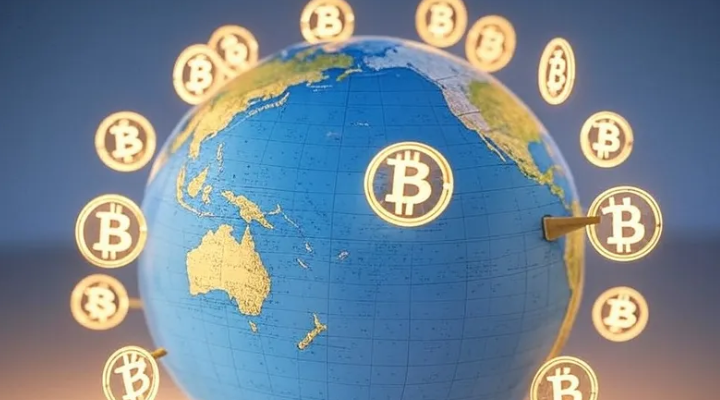
Bitcoin’s apparent resilience at an exchange rate of around $100,000, proving it to be a good long-term store of value seems to be encouraging more and more players to see it as an alternative to traditional money in general, and the dollar in particular.
In El Salvador, President Nayib Bukele’s risky bet on bitcoin to save the Central American country’s economy looks to have paid off: last Friday, the country’s government acquired more than eleven bitcoins worth $1.07 billion, and made another purchase two days later, with the tentative goal of acquiring twenty thousand more bitcoins. The country has already accumulated reserves of $574 billion in bitcoins, and has just closed an agreement with the IMF for a loan of $1.4 billion in exchange for scaling back its controversial policies and allow businesses to decide whether to accept bitcoin, in an attempt by the institution to postpone the problem that seems to be coming upon it if the country’s example spreads.
But El Salvador, a very small and unrepresentative economy, is far from the only country with bitcoin-linked ambitions. Another small country, but much more important, Singapore, has just surpassed Hong Kong in the race to attract cryptocurrency companies.
Meanwhile, Russia is increasingly turning to bitcoin for foreign trade in a bid to counter Western sanctions that are complicating transactions with its main partners, such as China or Turkey. Local banks in these countries are being very cautious about Russia-related transactions to avoid scrutiny from Western regulators, which has led Russia to not only allow the use of cryptocurrencies in foreign trade, but also to take steps to legalize the mining of cryptocurrencies, including bitcoin, except in some regions.
Russia is already one of the world leaders in bitcoin mining, and intends to use them to expand and further develop international transactions, something it believes will happen throughout 2025. The country’s president, Vladimir Putin, supports the extensive use of cryptocurrencies, seeing international payments in digital currencies as the future, and points to bitcoin as a good example of these alternative transactional assets, mainly because no one in the world can regulate it.
With Donald Trump advocating for a weaker dollar to favor his foreign trade and considering investing in the creation of a bitcoin federal reserve, it is hard to predict the future, but as things stand, countries who have bought bitcoin and other reliable cryptocurrencies such as Ethereum as a store of value and as a transactional model look set to make good. Times, without a doubt, are changing.